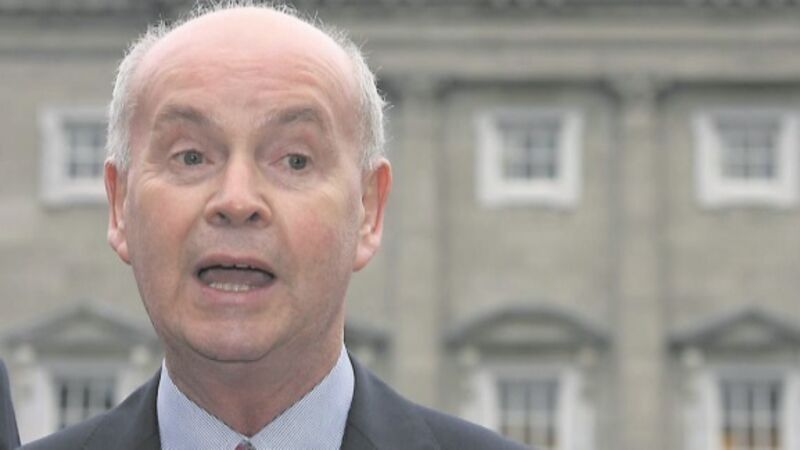The issue isn’t the accusations, the issue is the manner of the outing of Pat Carey

This is a disgusting disgrace,” a friend texted on Friday morning, when the Pat Carey story led in mainstream media. “The Guards and the media have a lot to answer for.”
Meaning that the story, with its reference to the man at its centre being “distraught”, could not have happened without someone within An Garda Síochána leaking the details of accusations being investigated by the service and without media telling the story in a way that precipitated the issuance of a statement and the multiple resignations-from-posts by the man involved.















